Since Deng Xiaoping ushered in an era of market-oriented economic development in 1978, China has experienced varying degrees of economic growth. With this has come a significant rise in the quality of living for a population of more than 1 billion people, though the increased wealth inequalities have been unkind to the less fortunate. China has several pressing concerns such as water scarcity, pollution, disparities between the more urban eastern coast and the more rural western area, and continued political restrictions. Education in the country is government provided, and is free from ages 6-15; students in more developed areas have some of the world’s highest math, science, and literacy test scores.
However, undocumented immigrant children and children located in more rural areas, especially in the western provinces of China, have limited access to education, lack of facilities, and higher illiteracy rates, meaning there is still urgent need for improved educational systems in the underserved areas. There are more than 20 million migrant workers in China.
Most migrant workers are not able to pay for their children’s education; they have no choice but send the children to disadvantaged privately run schools. Most private schools don’t have sufficient capital, and do not have the necessary facilities to provide a good environment for education.
gallery highlights
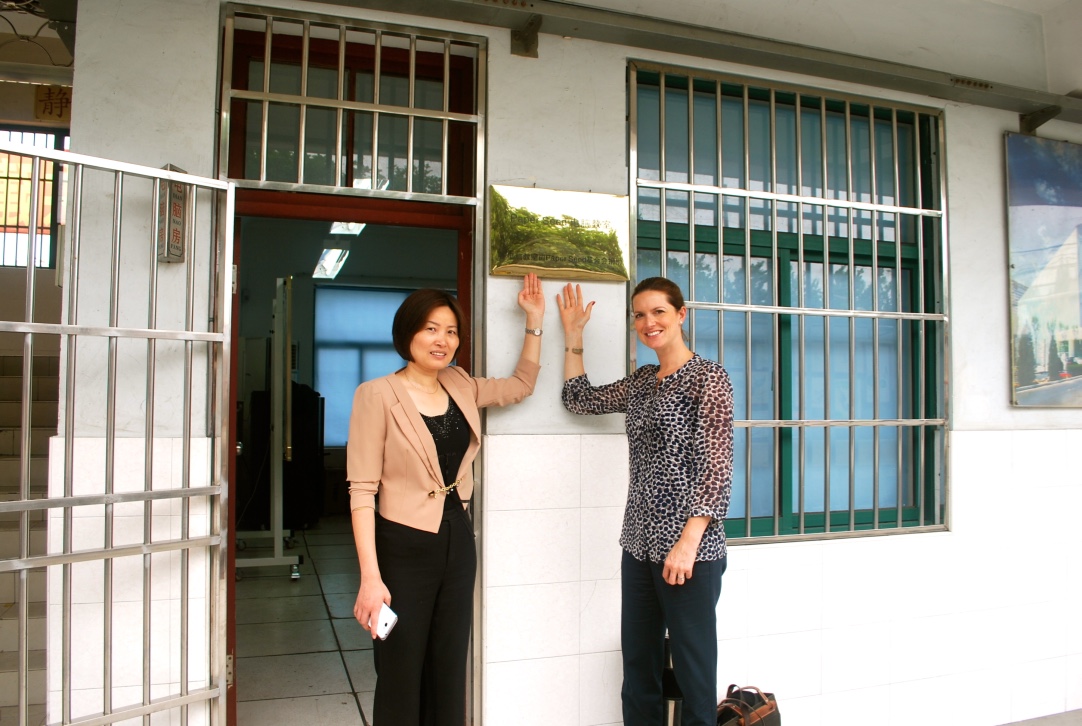
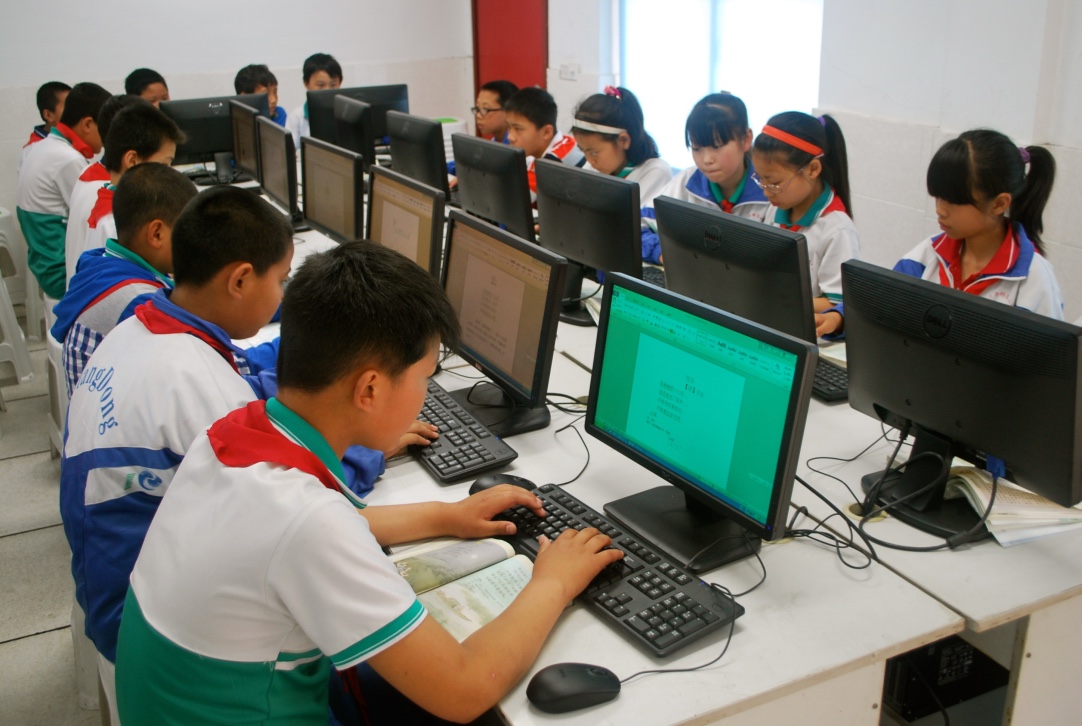
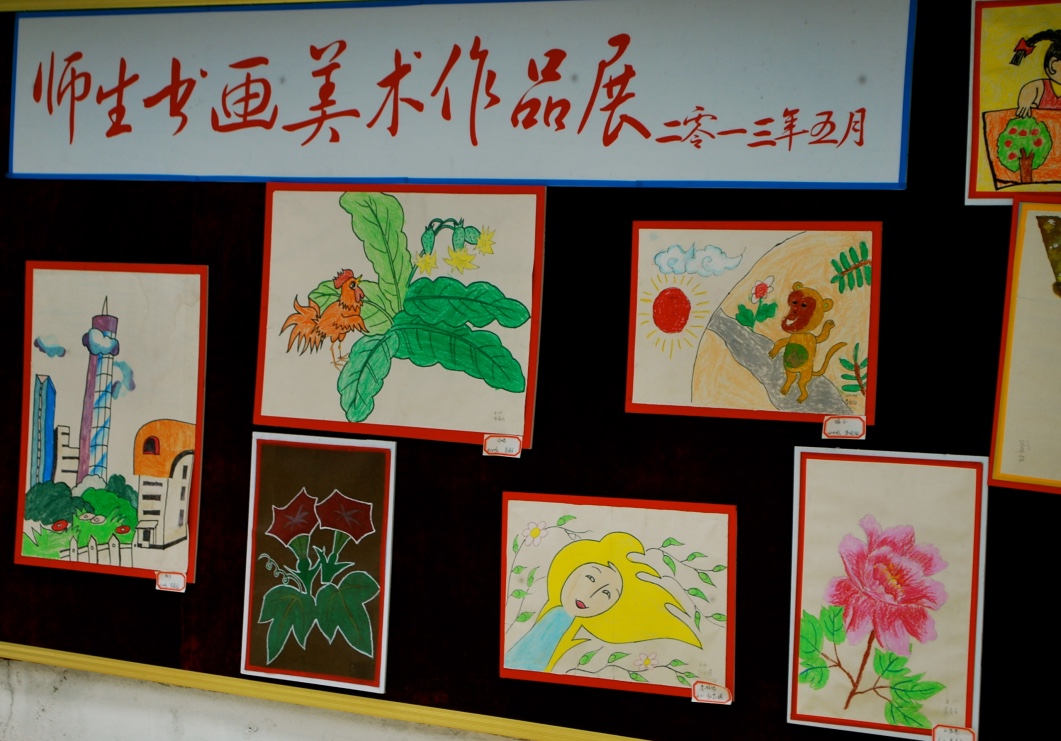
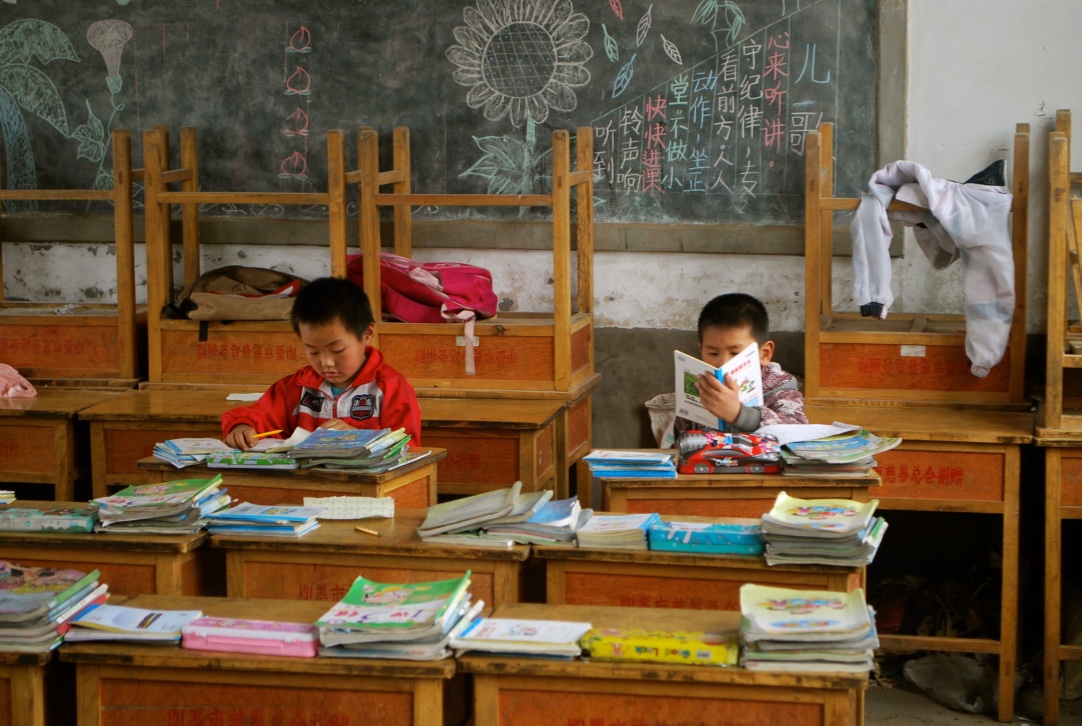
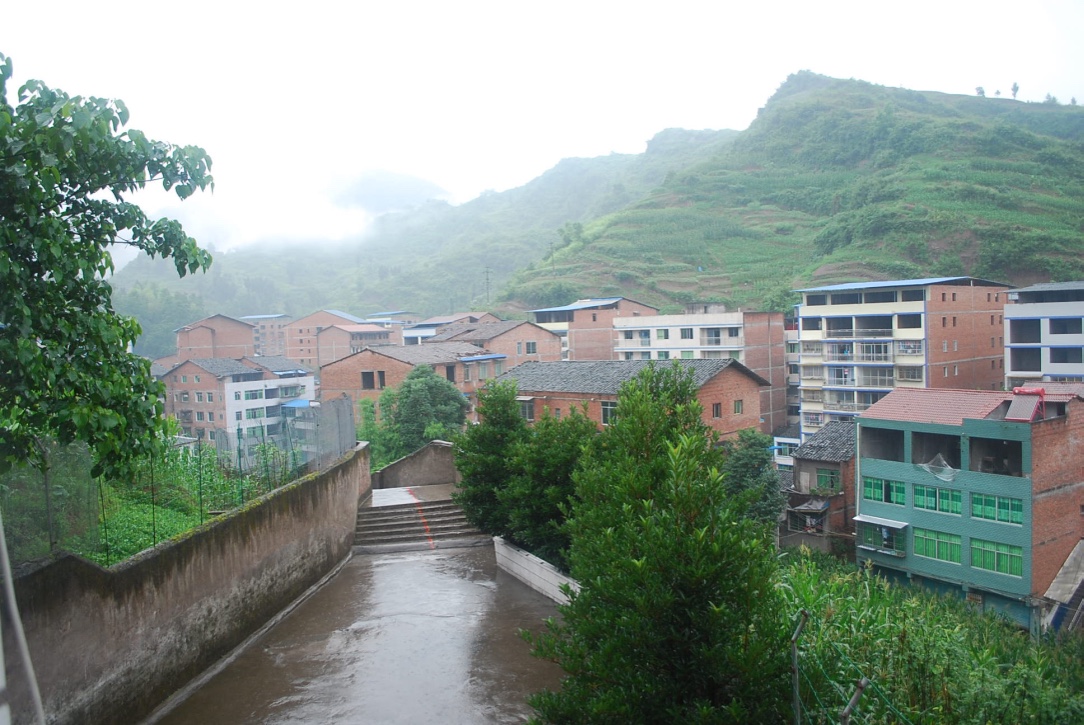
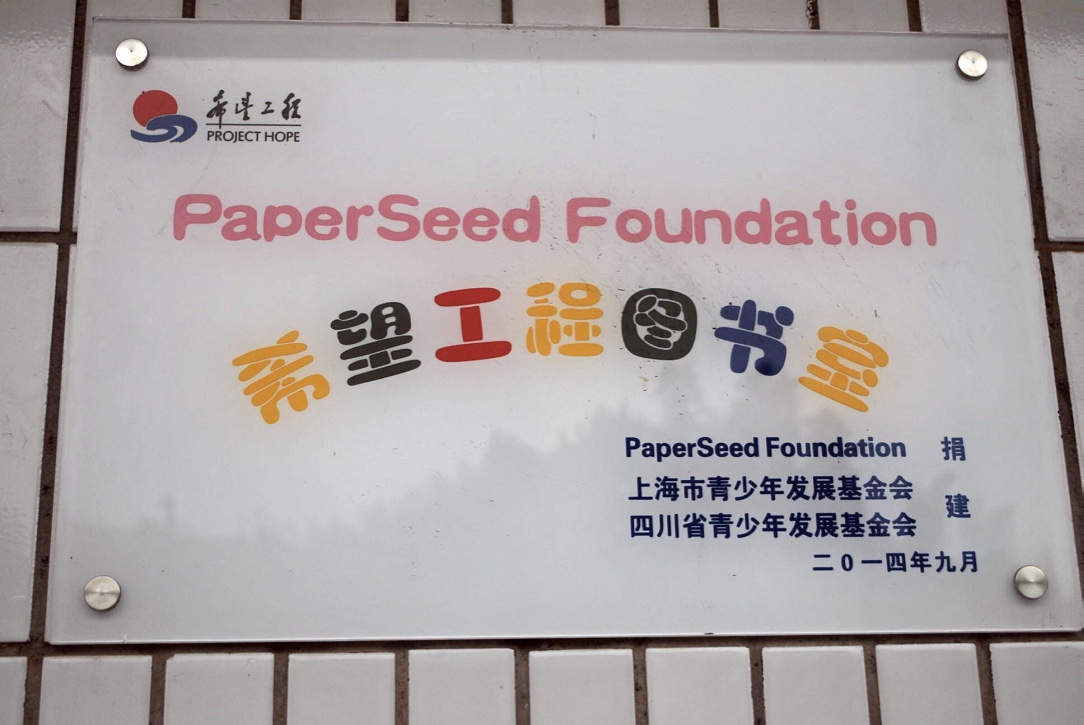
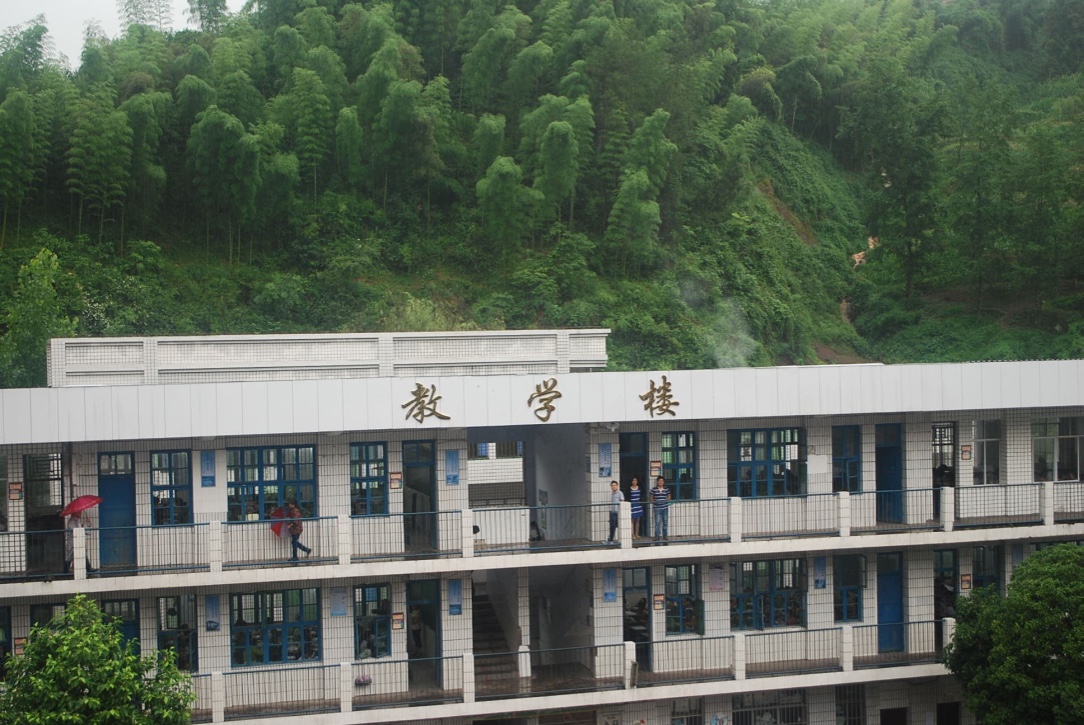
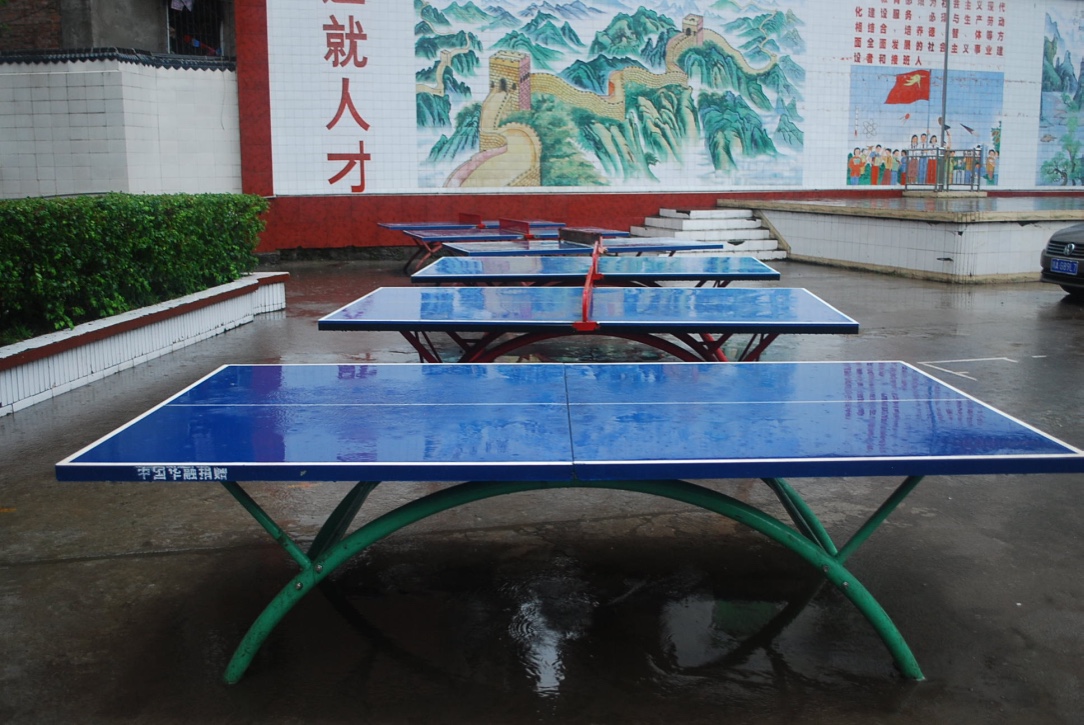
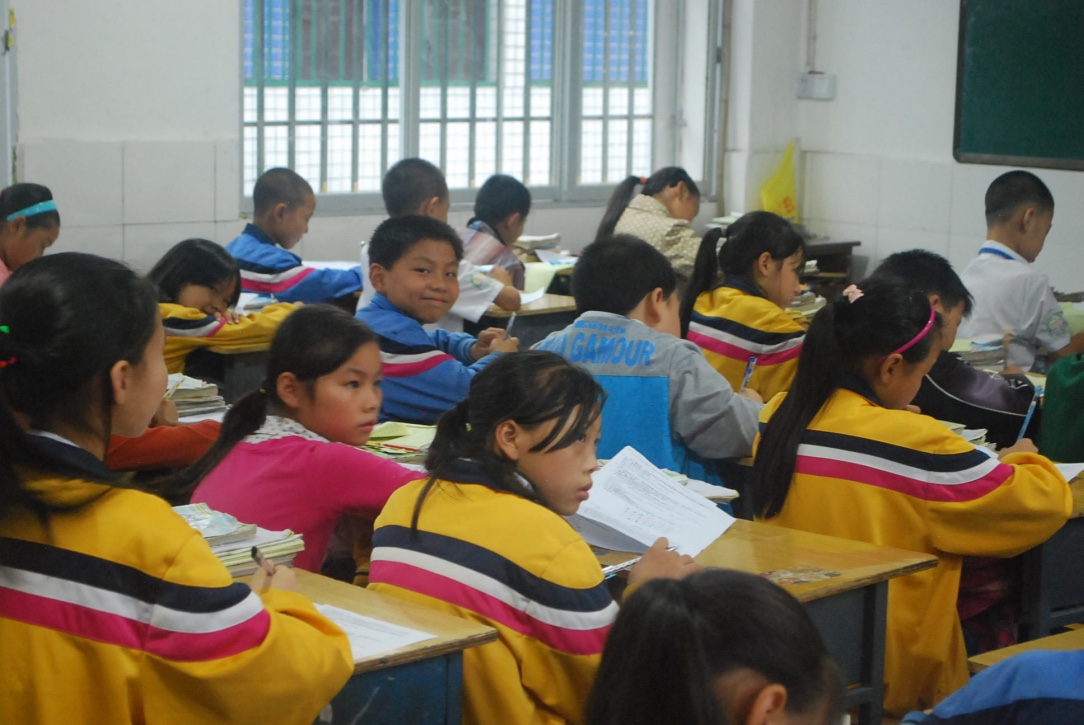
Current Projects:
Shambala foundation- 2019 first job experience program
an fjep teacher with her class
We are proud to be providing scholarships for another year of FJEP in partnership with Hawkins Wright.
Every summer and winter holiday, Shambala Foundation recruits 50 students from universities, colleges and vocational schools for one month of training and teaching. First, all students gather for one week of training as teachers. After training, they are sent out to 20-30 different remote villages and townships to offer 120 hours of free additional teaching to local primary school students. Each local community must supply housing, food and a classroom to each FJEP-teacher. After teaching, each FJEP-teacher returns to Rebgong for debriefing, and receives a scholarship for the upcoming semester.

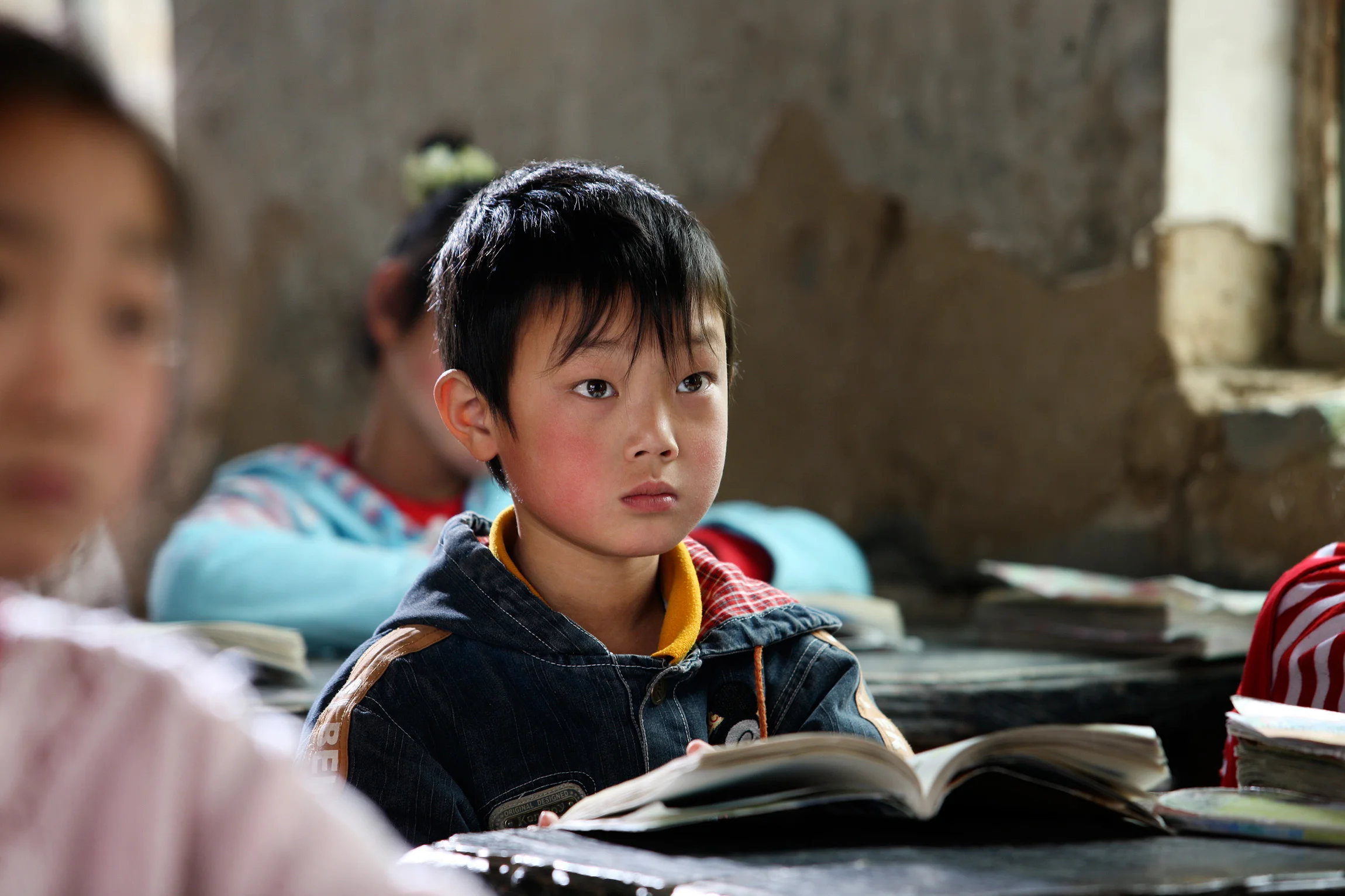

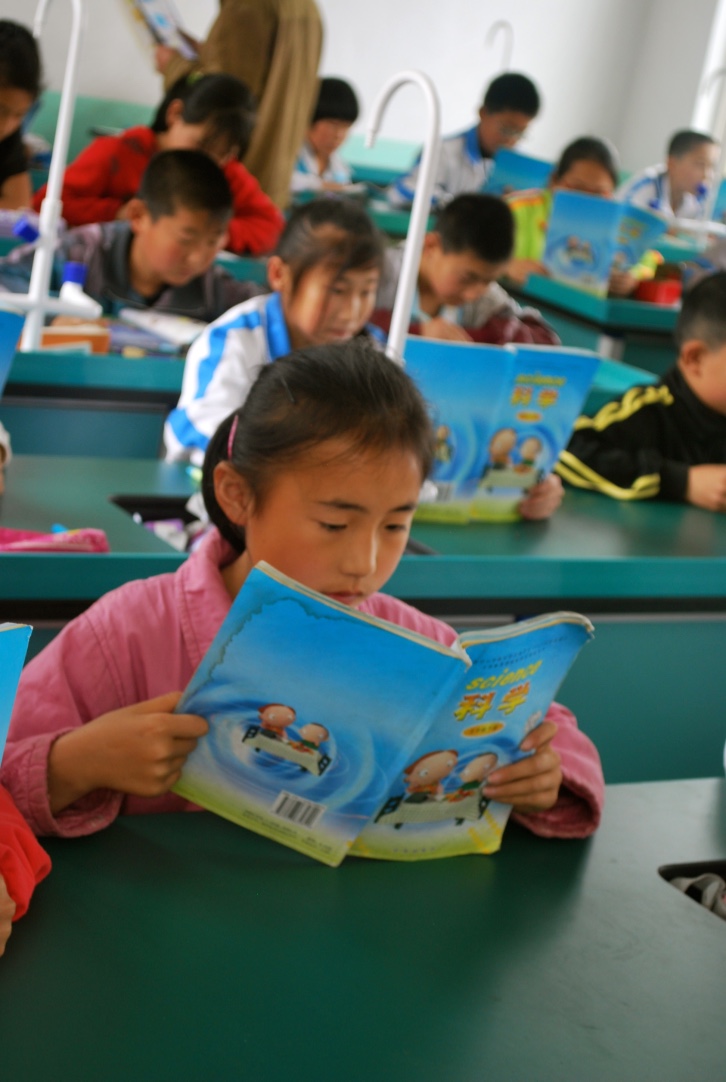
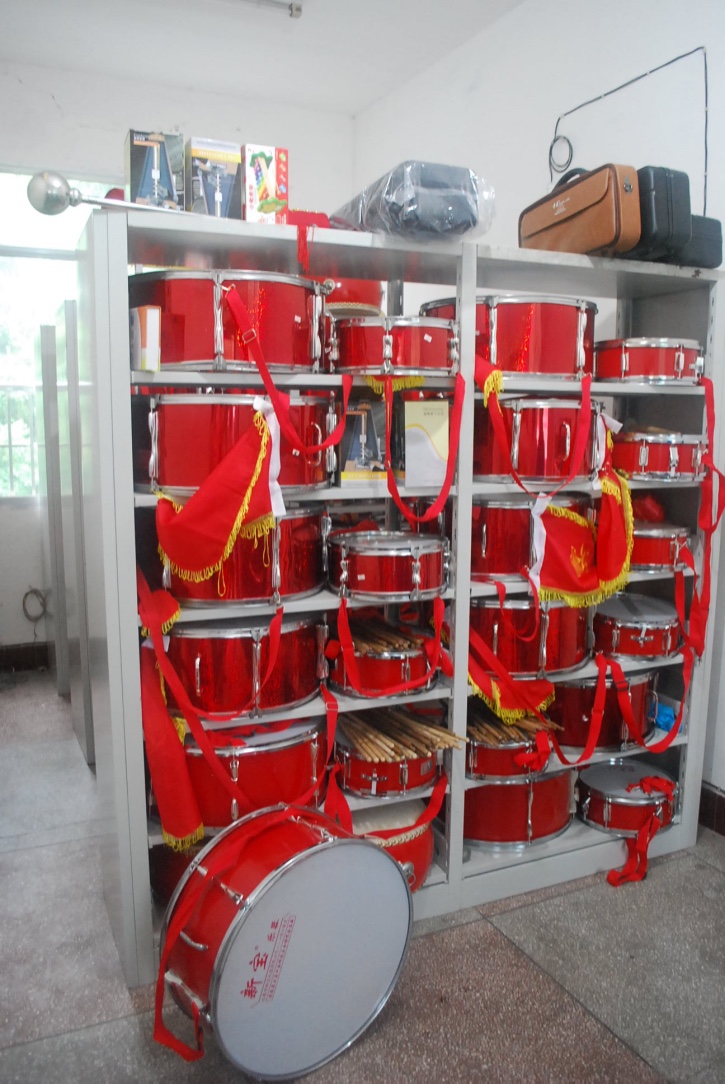


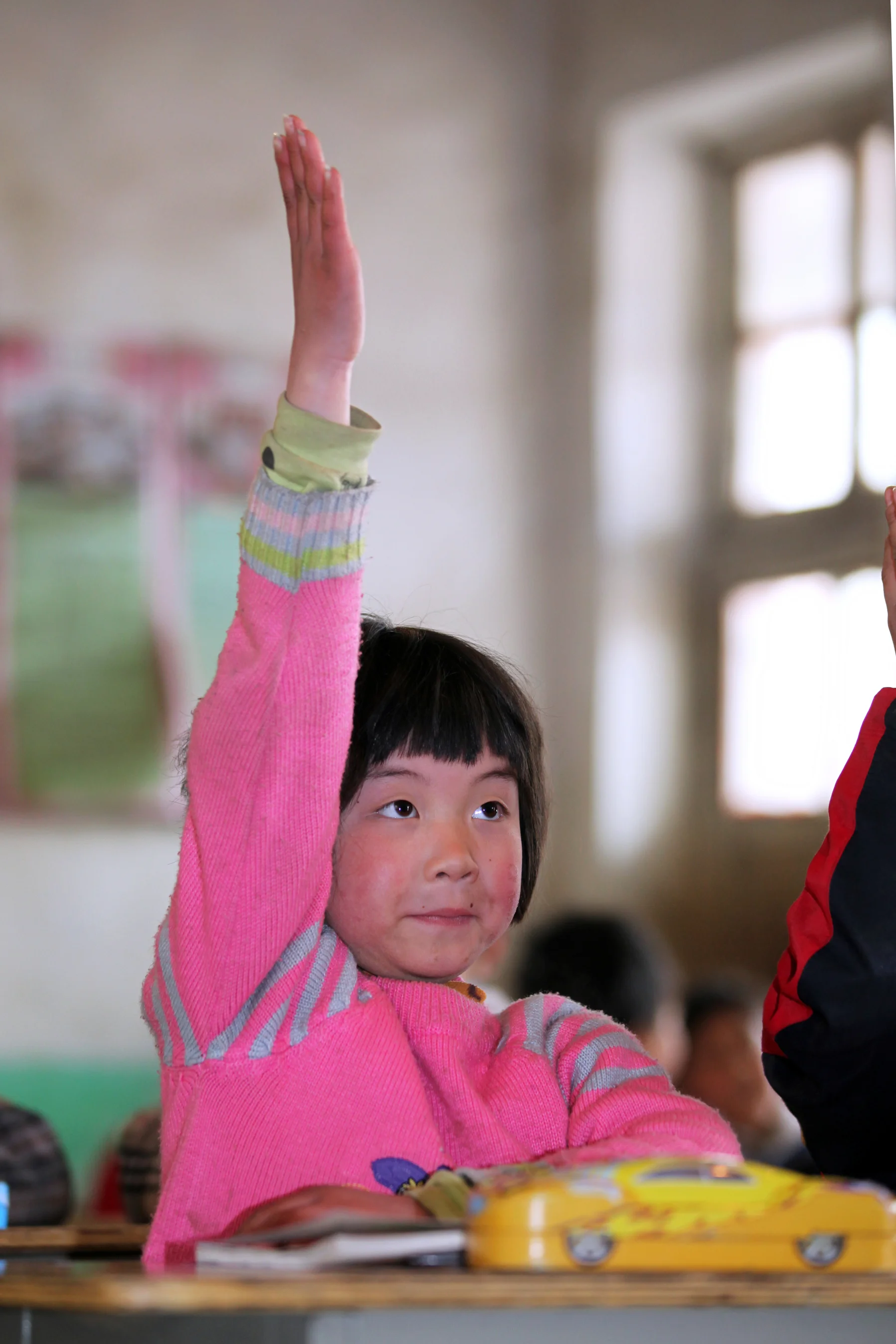


Shambala Foundation’s First Job Experience Program gives university students the opportunity to gain valuable hands-on experience working in the education field, while rural primary school students benefit from additional education hours during summer and winter months.